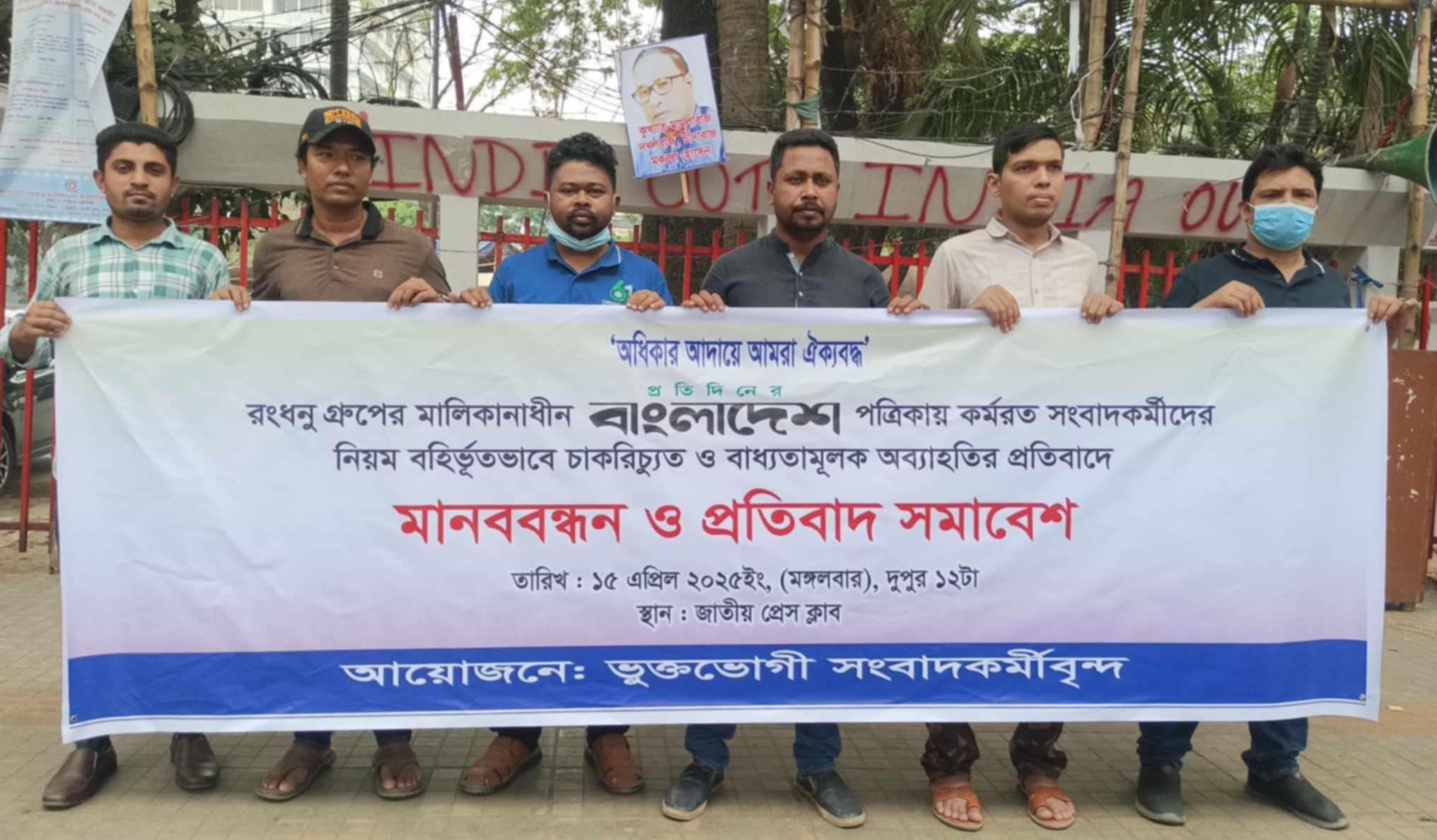Delhi, India: The recent report by India Today on the murder of Assistant Public Prosecutor Saiful Islam in Chattogram, Bangladesh, raises concerns about the way religious identity is used to frame a criminal case, potentially pushing a divisive narrative of Hindu nationalism. While the tragic killing of Islam, allegedly by followers of Hindu religious leader Chinmoy Krishna Das, is the central event, the report’s focus on the religious identities of the accused and the victims appears to reinforce an agenda that could escalate communal tensions rather than providing a balanced analysis of the case.
Focusing on Religion Over the Crime
The India Today report dedicates a significant portion of its coverage to the fact that “90% of the accused are Hindus,” emphasizing the religious background of those involved in the violence. While such details are important in the context of a broader communal analysis, they can also inadvertently shift the focus away from the key issue at hand: a murder during a violent protest, and the ongoing legal processes related to sedition charges against Das.
This framing of the accused by their religious identity risks turning a case that could be framed as a criminal matter into one of religious conflict. By highlighting the religion of the accused in such an overt manner, the report contributes to a growing narrative of “Hindu victimization,” despite the fact that the case revolves around violent protests following an arrest.
Creating a Religious Divide: Hindu Nationalism Agenda?
The way the India Today report presents the details of the protest and the subsequent violence gives rise to concerns about whether it is feeding into the larger political discourse of Hindu nationalism, which has been rising across the subcontinent, especially in neighboring India. The narrative of a religious minority group (in this case, Hindus in Bangladesh) taking to the streets in protest after the arrest of a religious leader could easily align with themes of “Hindu oppression” or “persecution” that are often invoked in nationalist rhetoric.

Photo: India Today frames its headline through a religious perspective
While the facts of the case do point to a tragic incident that involved a significant number of Hindus in the protests, the article’s emphasis on religion over the legal and political dynamics behind the protest seems to be steering the story toward a more polarizing interpretation. By stating that the majority of the accused are Hindus, the report inadvertently elevates religious identity over the legal substance of the case.
This framing risks simplifying a complex legal issue into a communal dispute, which can easily be exploited by political groups with an agenda to stoke religious sentiment. Whether intentional or not, such framing could add fuel to the fire of growing religious divides, especially in a region where tensions between Muslim-majority Bangladesh and its Hindu minority community are a sensitive subject.
What’s Missing? Legal and Political Context
While the India Today report mentions the sedition charges against Chinmoy Krishna Das and briefly touches upon the violent protest, it offers little analysis of the political or legal motivations that led to the unrest. The arrest of Das for allegedly disrespecting the national flag during a rally, and the subsequent charges against him, should be understood within the broader context of political polarization and the treatment of religious communities in Bangladesh. However, the report does not delve into these aspects and instead focuses on the religious composition of the accused, potentially sidelining the broader legal and political context that sparked the violence.
In the context of Bangladesh, where political and religious identities are deeply intertwined, it is important to focus on the root causes of the unrest: the legal charges against Das, the political climate surrounding the sedition case, and the state’s handling of religious protests. By not exploring these dynamics, the report narrows the story to a religious confrontation, thereby contributing to an agenda-driven narrative that simplifies the issue.
A Risk of Further Polarization
While India Today’s report on the murder of Saiful Islam does provide important facts about the incident, its framing raises significant concerns. The focus on the religious identity of the accused rather than the legal and political context risks deepening communal divisions. The narrative presented could easily be leveraged to promote Hindu nationalist agendas, potentially making this incident a flashpoint for further polarization in Bangladesh.
Given the sensitive nature of communal issues in South Asia, media outlets must exercise caution when reporting on such incidents. The use of religious identity as a key factor in the story may obscure the need for a fair and impartial legal process and may inadvertently fuel the flames of division that have already been stoked by political agendas. To avoid such outcomes, it is critical for the media to prioritize a balanced, fact-based approach that focuses on the crime and its legal consequences, without allowing religious identity to overshadow the pursuit of justice.







Leave a Reply